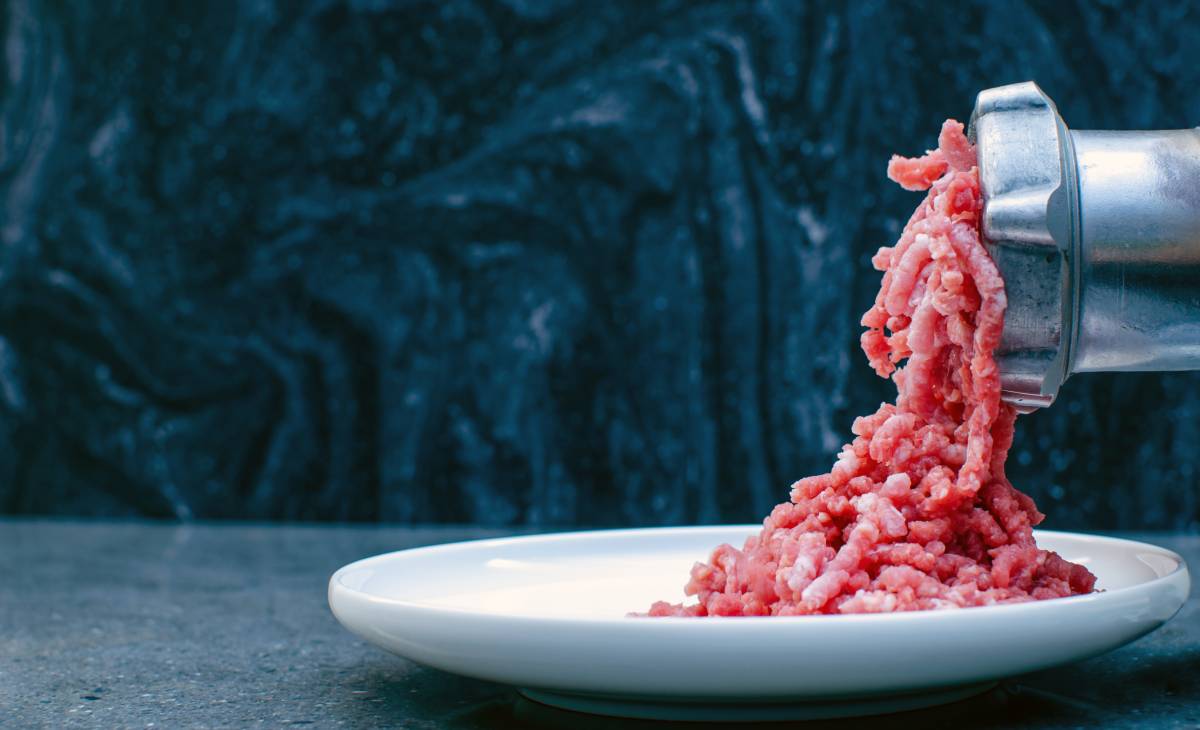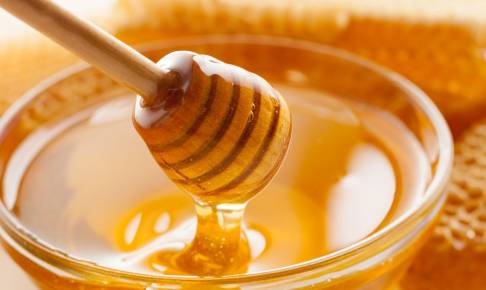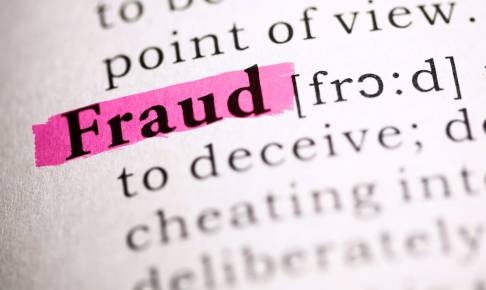The horse meat scandal has resurfaced
According to Croatian newspapers, Europol and Interpol have identified horse meat sold as veal as part of the operation OPSON X. Thus, the horse meat scandal has resurfaced. The problem arose following statements by Croatian Agriculture Minister Marija Vuckovic who identified this fraud not in her country but in other EU member states.
Operation OPSON X, as far as is known, involved targeted action on passport documents and horse meat in Belgium, Croatia, Denmark, France, Ireland, Italy and Spain.
The only information that has leaked out, thanks to the Belgian Food Chain Safety Agency (FASFC), is that 230 horse passports were examined in that country and 21 operations were carried out, five of which took place in slaughterhouses. The results revealed 35 fake passports and seizures on 11 occasions.
This operation is the result of an investigation into the previous OPSON IX operation which revealed the falsification of 20% of equine passports.
Furthermore, during the OPSON X, the Belgian Authority supported by DG Sante, collected samples from horses suitable for slaughter to check for anabolic and illegal substance residues. It exposed a lack of traceability. More than 50% of the horses had no information on drug treatments received prior to slaughter. The analyzes revealed traces of molecules that are authorized but can only be given to horses under certain conditions. However, according to the agency, no non-compliant meat has entered the food chain.
This, however, was done on a large scale. Police seized 15 000 tons of food, including horse meat, worth $ 58 million and made 600 arrests, demonstrating how often organized crime is at the root of these frauds. Operation OPSON X illustrates the importance of cooperation between national authorities and the private sector in protecting consumer rights and the quality of the products we put on our tables.
Sources:
https://www.brusselstimes.com/news/belgium-all-news/180816/belgium-cracks-down-illegal-horse-meat/
https://www.europol.europa.eu/newsroom/news/15-000-tonnes-of-illegal-food-and-beverages-market






















